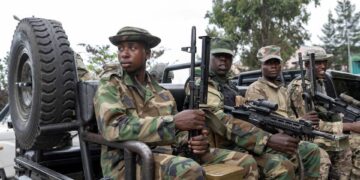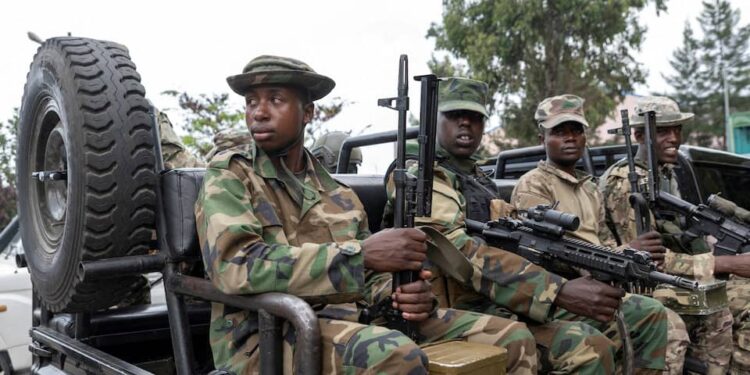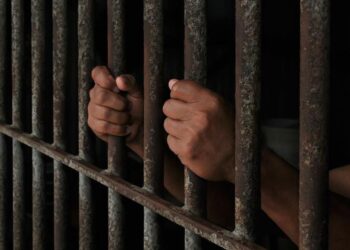By Enyichukwu Enemanna
Congo River Alliance, where the Rwanda-backed M23 rebel group is a member, late Monday announced its withdrawal from peace talks with the Democratic Republic of Congo’s government less than 24 hours before a face-to-face meeting brokered by Angola.
The rebels said they were pulling out of the talks, meant to commence today, because of European Union sanctions imposed earlier in the day against M23 and Rwandan officials.
The meeting could have been the first time the two sides were having negotiations.
The Congo River Alliance said in a statement that the EU’s actions were aimed at “obstructing the much-anticipated talks”.
The M23 has long demanded direct negotiations with the DRC, but President Felix Tshisekedi had refused, arguing that M23 is merely a front for Rwanda.
He made a U-turn on Sunday and agreed to send a delegation to Luanda in response to a series of defeats DRC forces have recorded, as regional support continues to dwindle.
Tina Salama, a spokesperson for Tshisekedi, said that despite the M23’s withdrawal, the government delegation would travel to Luanda, Angola’s capital, anyway.
“We confirm our participation at the invitation of the mediators,” she told Reuters.
The conflict, which is rooted in the fallout from Rwanda’s 1994 genocide and the struggle for control of Congo’s vast mineral resources, has quickly spiralled since January.
The United Nations and international powers accuse Rwanda of providing arms and sending soldiers to fight with the ethnic Tutsi-led M23. Rwanda says its forces are acting in self-defence against Congo’s army and militias hostile to Kigali.
The European Union sanctions were some of the most expansive to hit the M23 and Rwanda since the rebels stepped up their advance earlier this year.
The M23’s Congo River Alliance, in the statement, said international actors had adopted an “incomprehensible and ambiguous stance”.
“Successive sanctions imposed on our members, including those enacted on the eve of the Luanda discussions, severely undermine direct dialogue and make any progress impossible,” it said.
Zobel Behalal, a senior expert at the Global Initiative Against Transnational Organised Crime, said the sanctions were notable in going after Rwanda’s mines board and a gold refinery.
“The EU sanctions … are a recognition that profits from natural resources are one of the main motivations for Rwanda’s involvement in this conflict,” Reuters quoted him as saying.




































